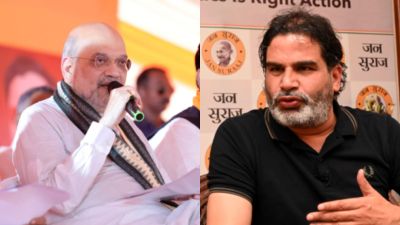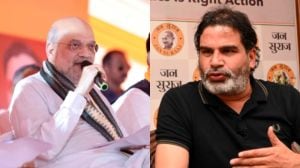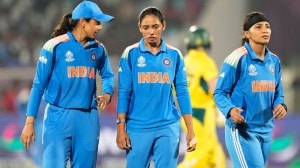Violence at our doorstep
Why were Gurjjar mobs allowed to reach the borders of Delhi? In the end, the buck stops at the prime minister’s door

If we had a real leader in Delhi instead of a common minimum prime minister, violent Gurjjar mobs would not have dared block entrances to the city with barricades of burning tyres as they did last week. If we had a real leader in Delhi, Col Kirori Mall Bainsla would have been in jail long before he incited his brethren to behead policemen, burn police stations and rip up railways tracks. If at this point you are asking why I do not blame the Rajasthan government rather than the prime minister, then you are asking the wrong question. When political violence reaches the scale we have seen in recent days in Rajasthan, it stops being a local problem. When national highways are blocked and major rail routes disrupted, it affects the country as a whole.
It is not about Gurjjars and Meenas, and their ancient caste rivalries. There is a bigger question that needs to be addressed: does anyone have the right to resort to violence to support a political demand? The answer is, obviously not. So why were Gurjjar mobs allowed to reach the borders of Delhi at all? They came after several days of violence and after announcing their intention of taking their violent agitation beyond the borders of Rajasthan. So why were they not stopped? If the police felt inadequate to the task the army could have been sent. The prime minister could have gone on nationwide television to announce that blocking national highways and ripping up railway tracks would be treated as acts of terrorism and dealt with as such. But he continued with his clerical duties, cutting ribbons here, making speeches there, while Gurjar mobs ran riot.
It is not the first time that we have seen this kind of political violence. The Gurjjars have done it before, and in Mumbai, the Shiv Sena revels in violent agitations that cause incalculable financial, social and moral harm to the fabric of the city. They get away with it time and time again because political leaders at the top have not once come out strongly against mob politics. It is a politics that is a legacy of the past.
When the Indian nation was still in a makeshift state and we had not fully understood that we now had elected governments instead of colonial masters, every other group took to the streets for one reason or other. In the sixties and seventies we saw political violence over language, over books that some religious group wanted banned and even over a mosque being burned in some distant country.
We accepted it because people were mostly illiterate and political leaders found it easy to incite them to take to the streets. If it wasn’t political protests it was Hindu-Muslim violence and if it wasn’t that, it would be a political party targeting some unfortunate ethnic group as the Congress did with the Sikhs in 1984 and the BJP did with Muslims in Rath Yatra times. That was another time and that time is gone. There is no room in today’s India for violent politics.
In an economy that has been growing at nearly 10 per cent, everyone should be able to see that they have a personal stake in not resorting to violence. Everyone should be made to realise that instead of demanding more reservations they should be demanding higher standards of public services and governance. Better schools, healthcare, roads. And, public services in rural India that would make it possible for the rising aspirations of rural people to be met. The fact that the Gurjjar community is ready to die for the cause of being recognised as a scheduled tribe is almost too pathetic to discuss. If Col Bainsla was not stuck in political ideas of another time he would realise that what he needs to demand from the Rajasthan government is a higher standard of living in Gurjjar villages and better job opportunities. But, first he needs to be warned that no political demand can be made violently.
His methods have caused the death of 35 people, and for this he must take responsibility. We in the media are always quick to blame the police, but when we do not blame those who incite mobs to violence, we end up accepting that political violence is justified. In the end, the buck stops at the prime minister’s door.
He must address the issue of reservations. As an economist, he should be in the best position to explain to the country that caste quotas must be done away with, not increased. Does he not do this because he knows that in the final analysis it is about better governance, especially in the villages, and better governance is something he has failed to give us?






- 01
- 02
- 03
- 04
- 05

























